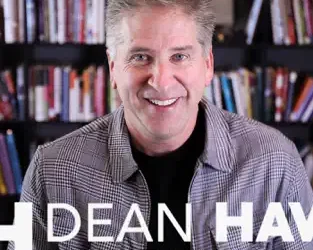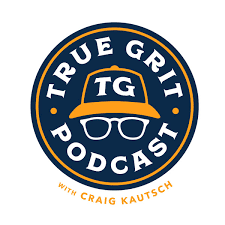Peace of mind is one of the most important experiences we can have. It’s what I call a state of internal harmony. That is, no matter how stressful your circumstances, your mind is able to feel harmony, or in sync with its different aspects. It’s like the experience of being inside a well-built car while it’s moving at 70 miles an hour: though a lot of motion and noise are going on outside, at the same time, with the doors and windows shut, you can be in a quiet environment with just a little hum going on. All the various parts of the car are synced with each other and everything is running smoothly.
Unfortunately, peace of mind is often hard to come by. We live in an anxious age, where we often feel fear, debilitating anxiety, panic, and phobias. Nothing good comes from this. So here are some tips to help you develop better peace of mind.
Identify what is causing anxiety or a feeling of stress. Global anxiety is a vague sense of unease, and it’s hard to deal with. It’s always better to pinpoint exactly where the stress is coming from A financial issue? A work challenge? A family problem? A health situation? You will notice a decrease in anxiety, and an increase in peace, just from that simple step.
Take problem-solving steps. Even if a challenge can’t be totally solved, our peace increases when we take initiative and do some action steps to resolve them. The more passive we are, the more we live in our amygdala, and we become increasingly anxious to a sometimes overwhelming degree. Initiative and moving on something, almost anything positive really, will increase peace and move us from the amygdala mode to the pre-frontal cortex mode, where we are calmer and can think more clearly.
Pull away several times a day. Since we live in a highly stimulated world, our brains don’t have a chance to calm down and center ourselves naturally. So just make that a quick habit. Take a “pull away” break, one in the morning, one in the afternoon, and one in the evening, get away from the stress, and think about the actual good in your life (don’t make stuff up, I mean the actual good !): you have a body that works, you have people that care, you have choices and freedoms. This little habit will make a significant difference.
Call your resilience to mind. Resilience means that you’re strong enough to handle the hard stuff. You have a history of facing challenges. Remember your wins and recall that you have made it through other stressors.
Make vulnerable contacts. Every day, stress or no stress, have a brief supportive conversation with someone who cares about you, and whom you care about. Be vulnerable, meaning be open with the negatives: what is stressing you and what you fear. Don’t ask the other person for solutions. Instead, tell them you just want to know they “get it”, and have them convey that to you. Internal harmony comes from this sort of conversation, in which we experience that we aren’t alone.
Life will always be stressful to some degree. But work on experiencing the hum of that well-running engine in your head.






